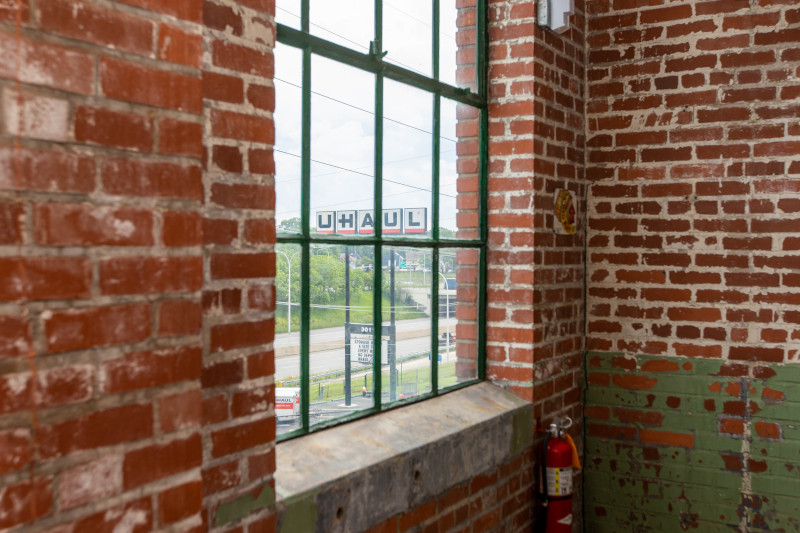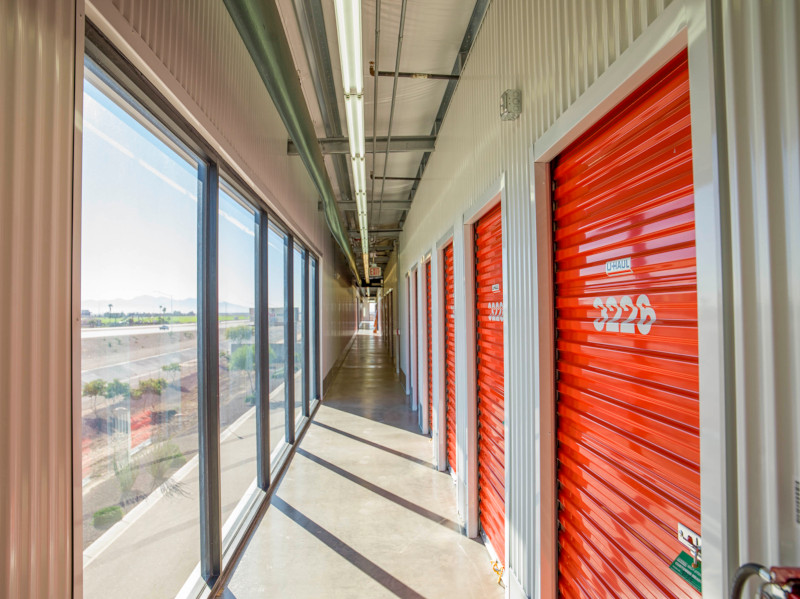 Whether or not you realize it, home windows are an important part of your everyday life. They offer not only aesthetic appeal, but also insulation and protection from the elements. If your home is brand new, then you’ve got nothing to worry about for a long time. But, if your home is older and starting to display some signs that your windows may be failing, then you’ve got a decision to make: repair or replace?
Whether or not you realize it, home windows are an important part of your everyday life. They offer not only aesthetic appeal, but also insulation and protection from the elements. If your home is brand new, then you’ve got nothing to worry about for a long time. But, if your home is older and starting to display some signs that your windows may be failing, then you’ve got a decision to make: repair or replace?
Some telltale signs that your home windows may be in need of some attention include:
- You feel a cold draft in your home during cold months, especially near the windows
- There is fog or condensation visible between panes (double pane windows only)
- The window is painted shut or unable to open/ stay open
- The wood frame is rotting or warped
If left untreated, these seemingly small problems can lead to one or all of the following consequences:
- Compromised insulation and increased heating and cooling costs
- Less protection against pests and insects
- More noise disturbance from the outside environment
- A decrease in your home’s curb appeal and value (This is especially important if you are selling your home!)
While there are many things to consider in your decision to repair or replace, the most important factor in many cases is the total cost. Many problems can be fixed by a repair professional for only a fraction of what it would cost to replace your home windows. Repairing your existing windows is especially appealing to owners of historical homes that may be concerned with preserving the aesthetic elements. Some common repairs include:
- New weather stripping
- Re-glazing
- Sash replacement
 While many problems can be repaired, there may be some instances in which it’s more efficient to just replace your windows. When replacing your windows, be sure to have realistic expectations on the changes in your heating and cooling costs. Be leery of companies that promise significant savings due to better insulation. Research suggests that windows account for 10% to 25% of your heating bill by letting heat out (thus, you should not count on cutting your cooling and heating bill by 50%+).
While many problems can be repaired, there may be some instances in which it’s more efficient to just replace your windows. When replacing your windows, be sure to have realistic expectations on the changes in your heating and cooling costs. Be leery of companies that promise significant savings due to better insulation. Research suggests that windows account for 10% to 25% of your heating bill by letting heat out (thus, you should not count on cutting your cooling and heating bill by 50%+).
To figure out whether it’s time to replace your windows, begin by getting an Energy Audit. An independent energy auditor can tell you if you need to replace your windows without the motivation of making a sale. They may even be able to help you estimate your savings. Getting an objective and professional opinion will help steer you in the right direction (and, in the meantime, check out this option for bubble wrap window insulation).
To preserve the heat in the meantime,
If you do need to replace your windows, it’s well worth the increased cost to install high-efficiency home windows as opposed to an inexpensive “bare minimum” option. Why? According to Energy Star, replacing old windows with Energy Star-qualified windows lowers household energy bills by 7-15 percent. You may also be eligible for tax credits.
Related Posts:



